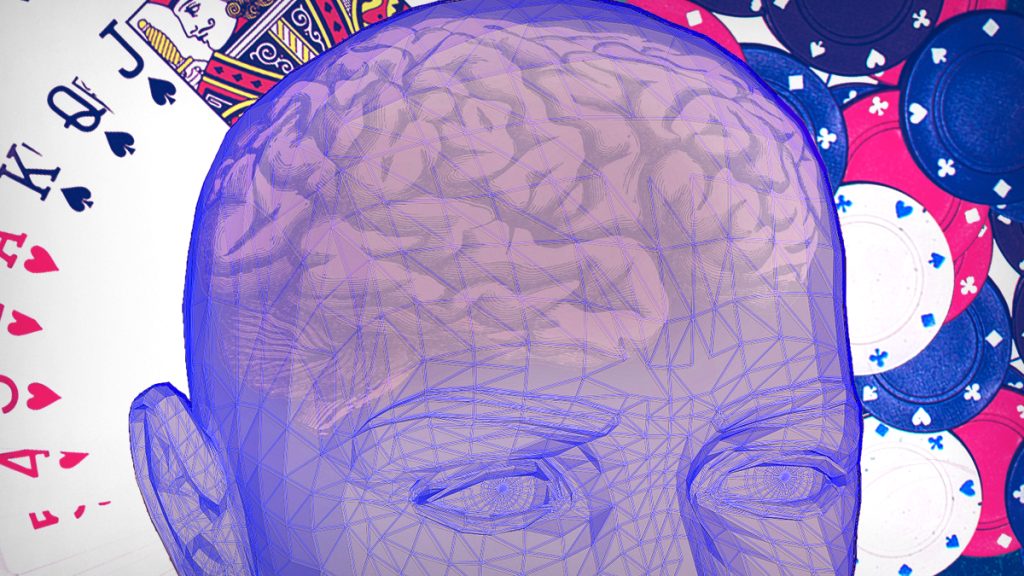There is a strong link between gambling and addiction, and recent research suggests that problem gamblers’ brains and behavior are similar to those of drug addicts. These studies have also led to a new definition of addiction, with the condition defined as the compulsive pursuit of a rewarding experience, whether that be a high from a drug or a win in a game of chance.
Researchers have shown that gambling-related cognitive distortions are mediated by reward-related circuitry and interactions with top-down cognitive control. One such cognitive distortion is the gambler’s fallacy, which is characterized by an imbalance between cognitive and emotional decision-making mechanisms. This imbalance is reflected in a card-guessing task that measures the tendency to predict a break in a streak. In addition, researchers have found that lesions in the orbitofrontal cortex (FC) did not impair the ability to learn the correct strategy.
The study also found that compulsive gamblers had impaired communication between two important brain regions, the medial prefrontal cortex and medial parietal cortex. These regions are critical for self-control, and the findings suggest that a lack of self-control may play a role in the development of compulsive gambling.
The findings from this study show that the brain area responsible for processing gambling problems is also active in people with OCD. This suggests that gambling addiction is a mental disorder and should be treated as such. However, there is no definitive proof that gambling addiction can be cured. In the meantime, more research is needed to determine the cause and treatment of the problem.
Problem gambling affects the brain’s prefrontal cortex, which controls cognitive control and impulsivity. In addition, problem gamblers are less likely to activate their ventral striatum during anticipation of a reward. This means that their reward system is underactive. Gamblers are drawn to gambling because it provides an immediate thrill.
The striatum is located deep inside the brain and has been called the reward center of the brain. It is also implicated in substance abuse and addiction. In addition to the ventral striatum, other areas involved in reward processing are implicated. This research suggests that these brain regions may play an important role in gambling behavior.
A number of medications have been linked with higher risk of compulsive gambling. Some people who are addicted to gambling may also suffer from other mental illnesses. Mood stabilizers and antidepressants can help. In addition, narcotic antagonists can help compulsive gamblers reduce their urge to gamble. Behavioral therapy is another option for dealing with this problem. This involves modifying the way the person thinks about gambling.
Problem gambling can negatively affect people’s relationships, finances, and physical health. Problem gambling is a form of impulse-control disorder. Problem gambling can be detrimental to physical and psychological health and can lead to attempts at suicide. The disorder can also have negative social and professional consequences.

